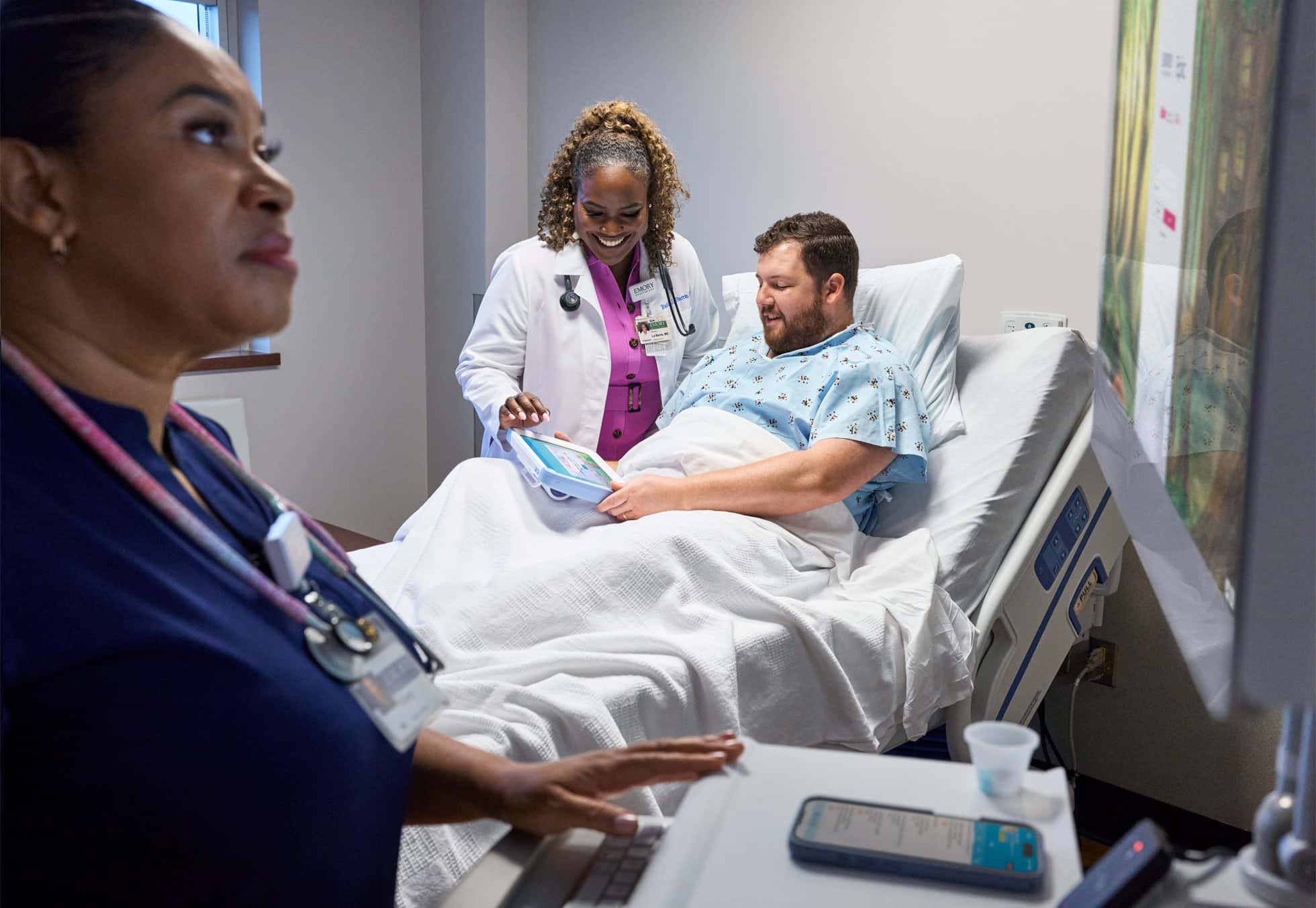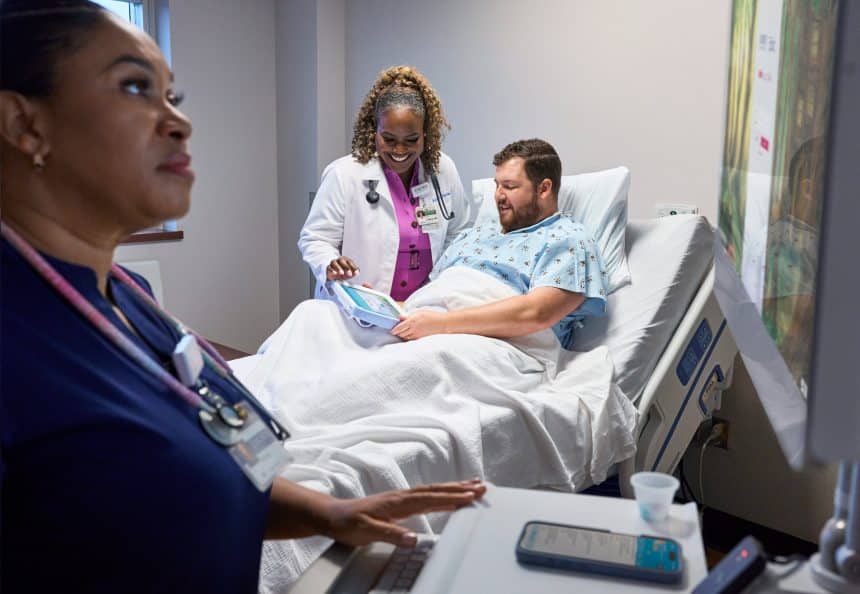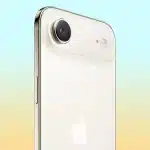Emory Hillandale Hospital in Lithonia, Georgia, has replaced its traditional PC infrastructure with Apple products, aiming to transform how care is delivered. From nurses’ stations to patient rooms, Apple devices like iPads, Mac minis, and iPhones are now central to hospital operations.
The decision marks a major shift in healthcare tech. Historically, Windows-based systems dominated hospitals due to better software compatibility. However, Apple’s devices are gaining ground thanks to their ease of use, portability, and familiarity among patients and staff.

How Apple Tech Is Improving Healthcare
Nurses and physicians now use iPhones to scan patient ID bracelets, manage medical records, and receive alerts. At each station, iMacs support day-to-day tasks, while Apple Watches allow staff to monitor patient updates in real-time. These tools help clinicians stay connected and streamline their workflow.
One major reason for this transition is the integration of Epic Systems—an industry-leading healthcare software—into the Mac App Store. This shift made it easier for hospitals like Emory to adopt Apple devices without sacrificing software capability. As a result, documentation has become more efficient, and staff burnout is decreasing.
The Results Speak for Themselves
Before the full rollout, Emory piloted the use of Apple devices at another location. The program yielded strong results: improved staff satisfaction, better nurse retention, and quicker system access. Staff praised the Retina displays for reducing eye strain and the faster login times that save crucial minutes during care.
Dr. Rashida La Barrie shared that her iPhone and Apple Watch allow her to stay constantly updated with patient needs. Meanwhile, Dr. Narayan reported saving up to two hours daily by using Apple’s ecosystem paired with Epic and Abridge software.
Ravi I. Thadhani, Emory’s EVP for Health Affairs, summed it up: “We’re not just changing our tools—we’re changing the culture of care.”












